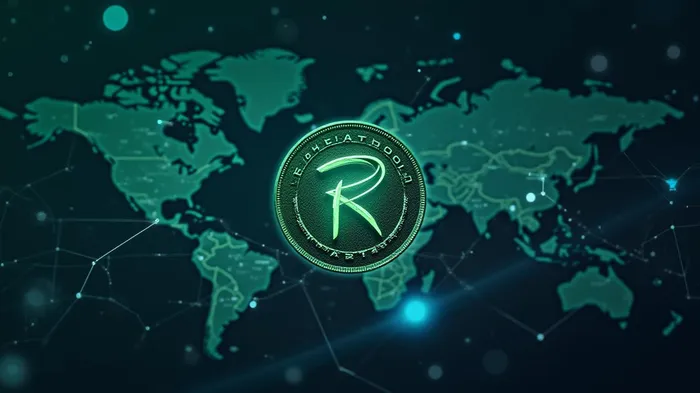Robinhood Proposes National Framework for Tokenized Real-World Assets
Robinhood has submitted a comprehensive 42-page proposal to the US Securities and Exchange Commission (SEC), advocating for a national framework to regulate tokenized real-world assets (RWAs). The brokerage firm aims to modernize financial infrastructure by making tokenized assets legally equivalent to their traditional counterparts, thereby enabling compliant onchain settlement. This move is part of Robinhood's broader strategy to streamline and enhance the efficiency and transparency of financial transactions.
The proposal outlines plans for the creation of the Real World Asset Exchange (RRE), a trading platform designed to offer offchain trade matching and onchain settlement. This dual-chain architecture, utilizing Solana and Base, is intended to combine high-frequency offchain trade matching with onchain settlement, potentially reducing the US capital market’s standard settlement time from T+2 to T+0. This could result in an estimated 30% annual reduction in trading costs, according to the proposal.
A key aspect of Robinhood's proposal is the push for token-asset equivalence. Under this plan, a token representing a US Treasury bond, for example, would be treated as the bond itself, rather than as a derivative or synthetic product. This would allow institutions and broker-dealers to handle tokenized RWAsRWO-- within the existing regulatory system, potentially streamlining custody, trading, and settlement processes. The platform would also integrate Know Your Customer (KYC) and Anti-Money Laundering (AML) tools through partners to meet global compliance expectations.
Robinhood is advocating for uniform federal standards to replace the current patchwork of state-level securities regulations. This would provide a more consistent and predictable regulatory environment for tokenized assets, fostering greater innovation and adoption in the financial sector. The proposal reflects Robinhood's commitment to leading the trend of RWA tokenization under a compliant framework, as stated by CEO Vlad Tenev.
This proposal comes at a time of renewed interest in RWA tokenization, with major players from both traditional finance and the crypto industry making significant moves. For instance, BlackRock filed to create a blockchain-based share class for its Treasury Trust Fund, allowing a digital ledger to mirror investor ownership. Similarly, Libre revealed plans to tokenize $500 million in Telegram debt via its new Telegram Bond Fund. Additionally, MultiBank Group inked a $3 billion tokenization deal with a real estate firm and a blockchain provider.
According to an industry expert, the recent surge in interest is not arbitrary but is driven by clearer rules in major markets, stronger and faster technology ready to scale, and the involvement of big players actually implementing these solutions. This collective momentum underscores the potential of tokenized real-world assets to revolutionize the financial landscape, offering greater efficiency, transparency, and accessibility.

Quickly understand the history and background of various well-known coins
Latest Articles
Stay ahead of the market.
Get curated U.S. market news, insights and key dates delivered to your inbox.



Comments
No comments yet